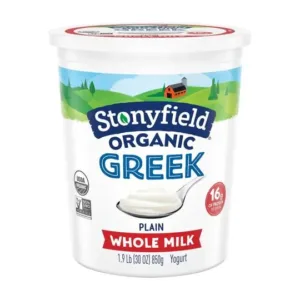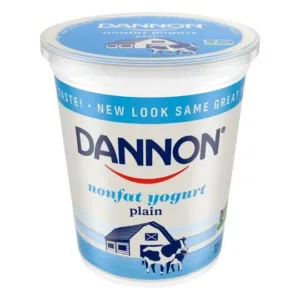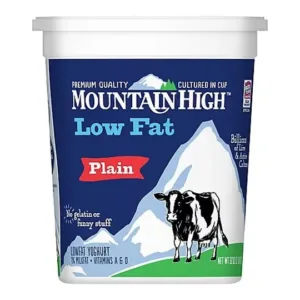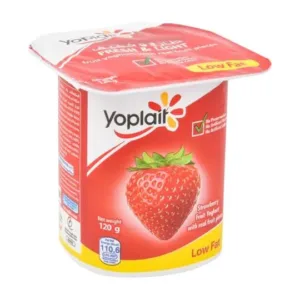
Is Fluid Buttermilk Keto-Friendly? A Deeper Look
As the keto diet continues to surge in popularity, we're increasingly curious about where our favorite foods fit into this high-fat, low-carb lifestyle. Today, we're delving into the realm of Fluid Buttermilk. It's the tangy backbone of many delicious recipes, often adding richness and creaminess to our culinary concoctions. Yet, the big question remains: Is Fluid Buttermilk keto-friendly?
Understanding the Keto Diet
Before we explore the specifics of Fluid Buttermilk, it's vital to fully grasp the essential principles of the ketogenic diet. This diet primarily emphasizes high fat consumption (roughly 70-80% of daily caloric intake), moderate protein, and very limited carbohydrate intake (usually under 50 grams of net carbs per day). The objective? To push your body into a state of ketosis, where it utilizes fat as its main energy source, rather than carbohydrates.
Nutritional InformationPer (1 Cup (245.0g)):
Per 100g:
| 
Fluid Buttermilk is on the higher side of carbs for a keto diet. It's best to consume it occasionally. |
Now, let's move onto fluid buttermilk and its place in a keto diet.
Fluid buttermilk is a dairy product, specifically a byproduct of making butter – hence the name. It is known for its tangy taste and is often incorporated into baking recipes.
In consideration of its macronutrient profile, buttermilk encompasses a bit of protein, some fats and, a moderate amount of carbohydrates which typically clocks in at about 12g per cup. It's somewhat high in carbs, based on our scale, so it's best to consume it only occasionally if you're following a strict keto diet.
Despite having a higher carbohydrate content, buttermilk is not entirely devoid of nutritional benefits. It contains essential micronutrients like riboflavin (Vitamin B2) that aids in energy production and cellular function. It also offers a hefty dose of calcium which is crucial for bone health.
So, while buttermilk may not be the most keto-friendly food item, it can still be incorporated into your diet in moderation, provided you keep a keen eye on your daily carb intake.





